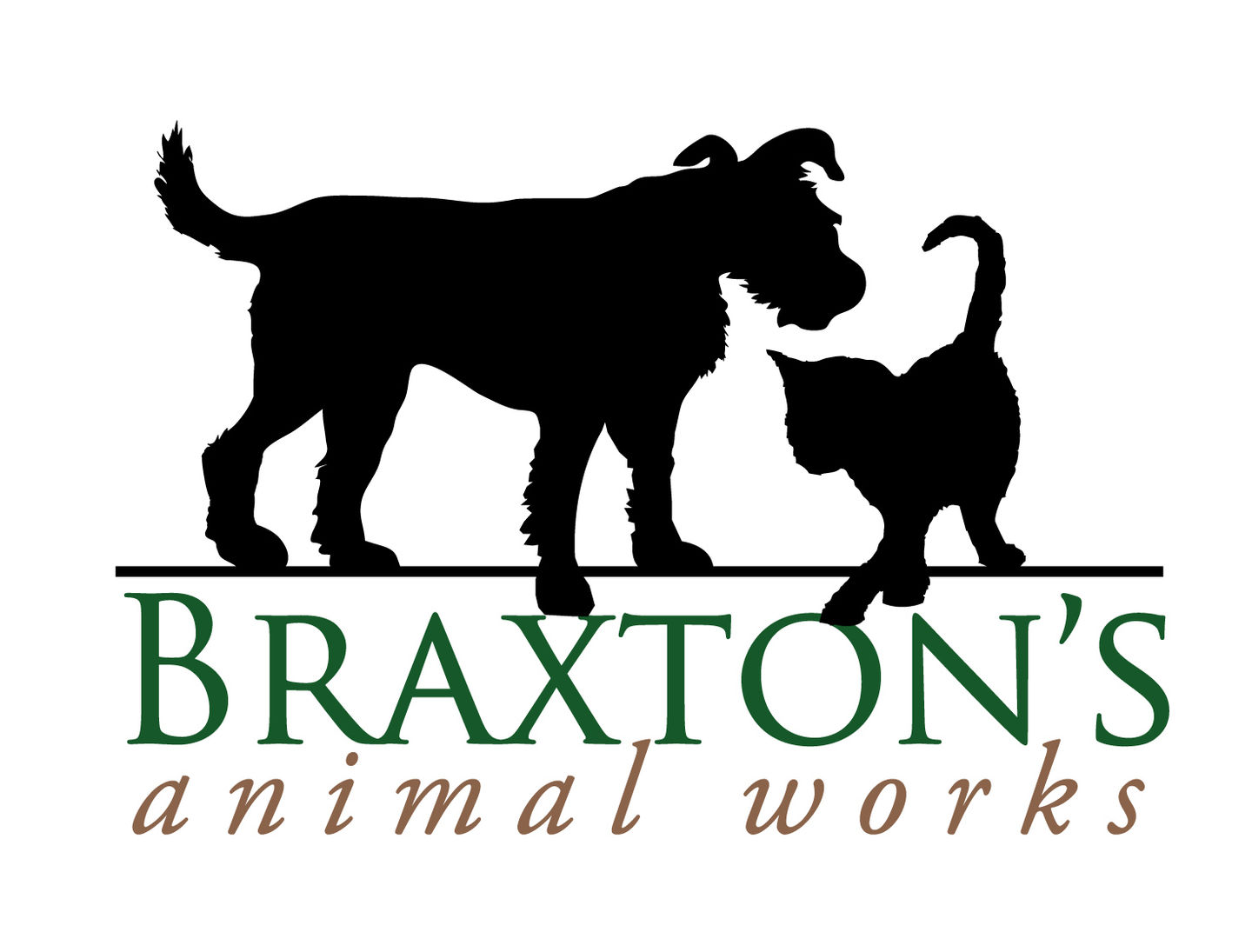Considering the fact that more than 60% of cats and dogs are either obese or overweight globally, National Pet Obesity Awareness Day (today) aims to draw attention to this often overlooked serious health issue for pets. Pet obesity is not just about a “cute” potbelly or pudgy appearance but is a real concern as it leads to various other chronic conditions such as heart disease, joint pains, arthritis, diabetes, skin disorders, cancer, and respiratory problems. This post aims to provide detailed insights on pet obesity, including key statistics, how to determine if your pet is overweight or obese, the importance of keeping your pet's weight under control, and tips from veterinarians on reducing calories, increasing exercise and promoting a healthy lifestyle for your pet.
Pet Obesity Statistics:
According to recent studies, over 56% of dogs and over 60% of cats worldwide are either obese or overweight. This is a significant increase in comparison to a decade back when these numbers were closer to 20%. The primary contributors to this rise are unhealthy diets high in carbohydrates, low-quality filler ingredients, and an inactive and sedentary lifestyle. This national Pet Obesity Awareness Day, it's important to take a moment and review our pets' weight status, discuss any concerns with a qualified vet, and make lifestyle changes to address this serious health issue.
How to Determine if Your Pet is Overweight:
Determining whether your pet is overweight or not can be done through visual observation and touch. Pets with a waistline that should be present, hips and ribs that are hard to feel under their coat, and an overall appearance of roundness or bulkiness suggests they are overweight or obese. You may also opt for a vet's opinion who can eliminate any underlying health issues. We have shared below the charts for both dog and cat from the Association for Pet Obesity Prevention below to help you visually test your pet.


The Importance of Keeping Your Pet's Weight Under Control:
Maintaining a healthy weight is essential for your pet's overall well-being and longevity. Pet obesity can lead to numerous chronic conditions that can significantly affect the quality of life of your pet. Obese pets are prone to joint pain, diabetes, heart disease, cancer, respiratory problems, and arthritis. Increased weight puts extra pressure on vital organs like the heart and lungs, leading to potential organ damage.

How to Cut Calories for Pet Weight Loss:
If your pet is overweight or obese, reducing treats, increasing fiber intake, switching to low-fat and high protein diets along with a controlled feeding routine are effective ways of reducing their waistline. Veterinarians often recommend cutting your pet's food intake by up to 30% for a healthy reduction in calories. Make sure to switch between brands to keep your pets engaged and interested. Low-calorie treats and non-toxic raw vegetables make for good alternatives to processed biscuit or jerky style treats.
Incorporating Exercise into Your Pet Owner Routine:
Exercise is an effective way to keep your pet healthy and lessen the risk of weight gain. Regular brisk walks, jogs, hikes, and playing fetch with them can help burn off excess calories. Experts recommend at least 30 to 60 minutes of exercise a day to keep your dog healthy and fit (30 minutes or more for cats), but a pet that needs to lose weight will require more to help put them in a caloric deficit. Try incorporating games like hide and seek, agility games, puzzles, and obstacle courses to keep them engaged and busy. Remember, you don't have to set aside long periods of time for exercise. You can incorporate 10-20 minute intervals throughout the day if that fits your life style better.

Pet obesity is a serious issue that must be addressed before it leads to chronic lifelong conditions. Being aware of your pet's weight and incorporating the right lifestyle changes is essential for maintaining their health and longevity. By following the steps outlined in this post, you can help to prevent or treat pet obesity and help your pet enjoy a happy and healthy life. This National Pet Obesity Awareness Day, let's raise awareness and take action for our furry friends.

